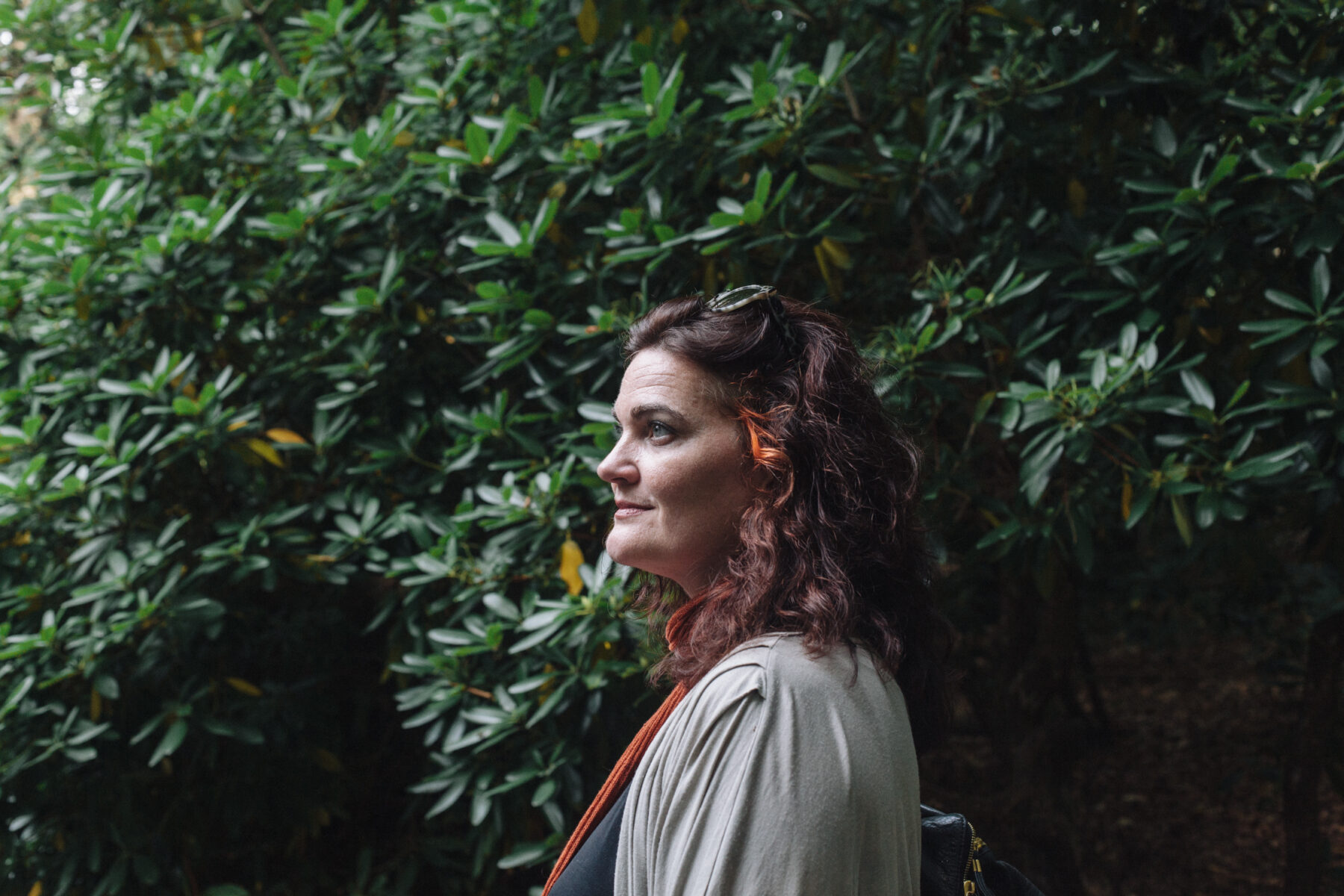Louisa Heinrich’s entry into the digital world wasn’t a calculated decision, yet she’s become a passionate consultant and advocate of the human angle in the digital world.
Code and apps, machine-to-machine and human-to-human, design structures and digital organization – immersive and evolving digital work is her domain. Born in England, she lived on four continents before she was five years old. Her dialect, she quips, is “stranded on a raft in the middle of the Atlantic.” Together with her expressive cats, Rufus and Titus, she’s made her Berlin-Mitte home her real-world sanctuary.
Her apartment tells a different story from that of her tech-focused career. Aside from a laptop, which is quickly tucked away, the only technology with a visible presence is a vintage record player. Talking to Louisa is enlightening, to say the least. It’s clear that she’s a quick thinker and her confidence is energizing. Comfortably settled into a plush vintage chair, she embarks on a discussion that takes us from the Internet of Things to our emotional attachments in the digital realm.

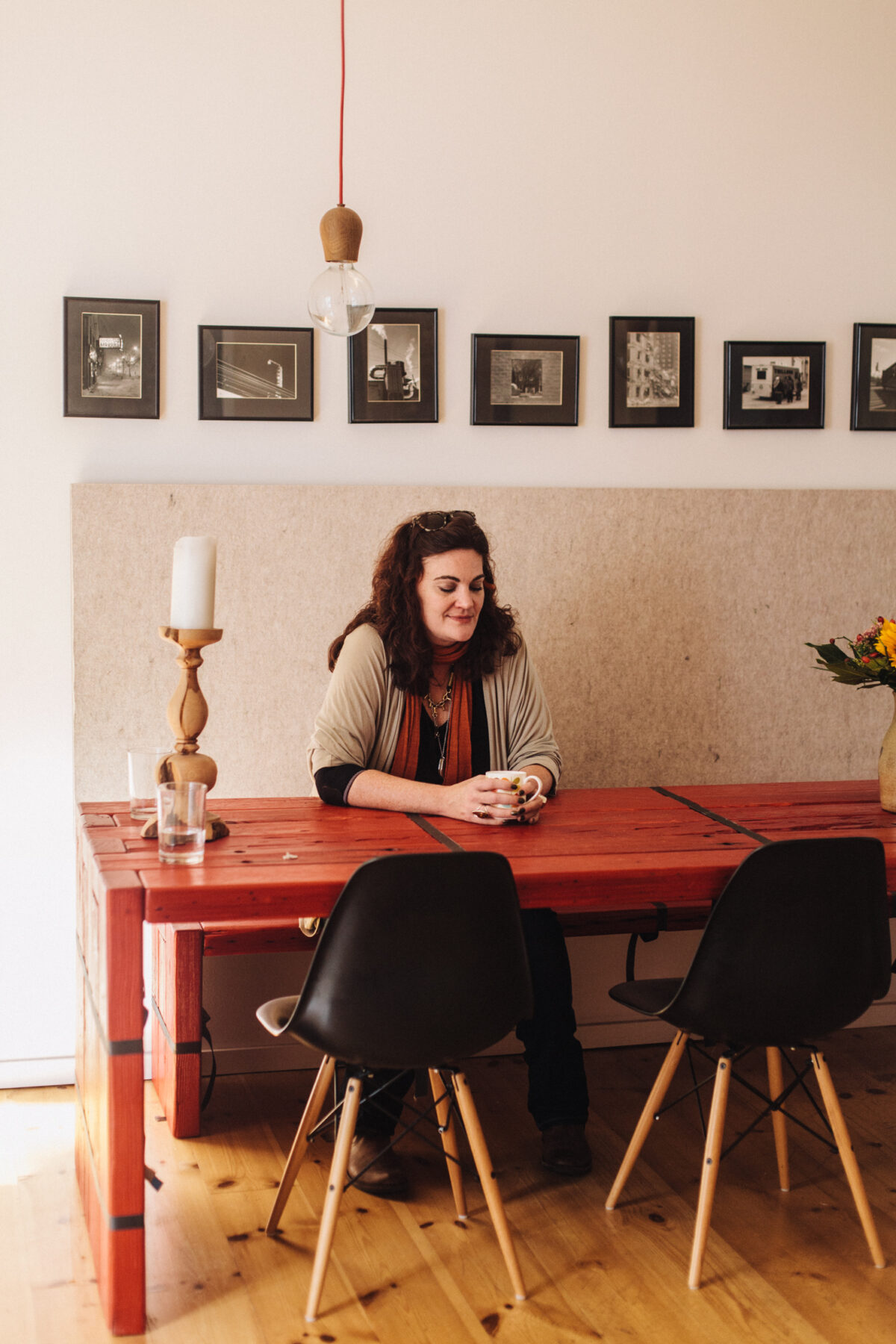
-
One of your points of interest is the Internet of Things, which can be difficult to explain. Could you could give us a basic definition and the effect it could potentially have?
Internet of things. Interesting. I think the best way to explain it is to take everyday things, things that already exist in the world, things that are known, and to use technology to augment them in some way so that we get more out of them. That’s the general idea. To, for example, take a lamp and make it better by connecting it with another lamp halfway around the world so you and your mother could have a set of lamps, and when the one turns on, the other one goes on as well. However, as we design technology, we can only design for the things we can imagine people doing. The thing about people is that we are de facto chaotic. We do – and want – all kinds of unexpected stuff. That’s the challenge.
-
How do you keep track of technological developments?
Fortunately, I have a wide circle of friends and acquaintances who are really into these things, so a lot of what I know I find out through conversations with them. Of course, if I’m working on something specific, then I will go out and research. I will dig deep into a question before I write or speak about it. But for the most part, I find out about stuff the way we all do, word-of-mouth.

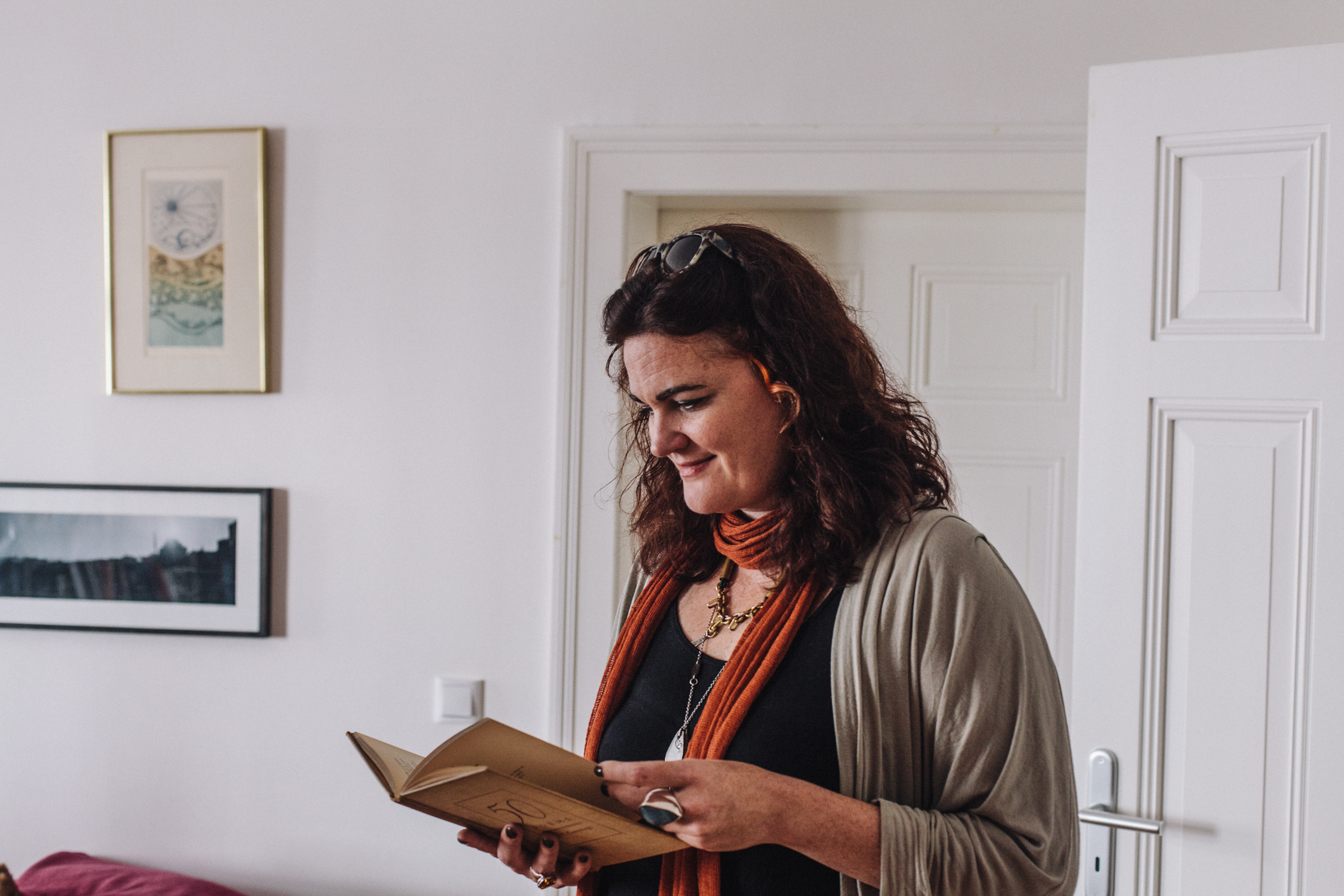
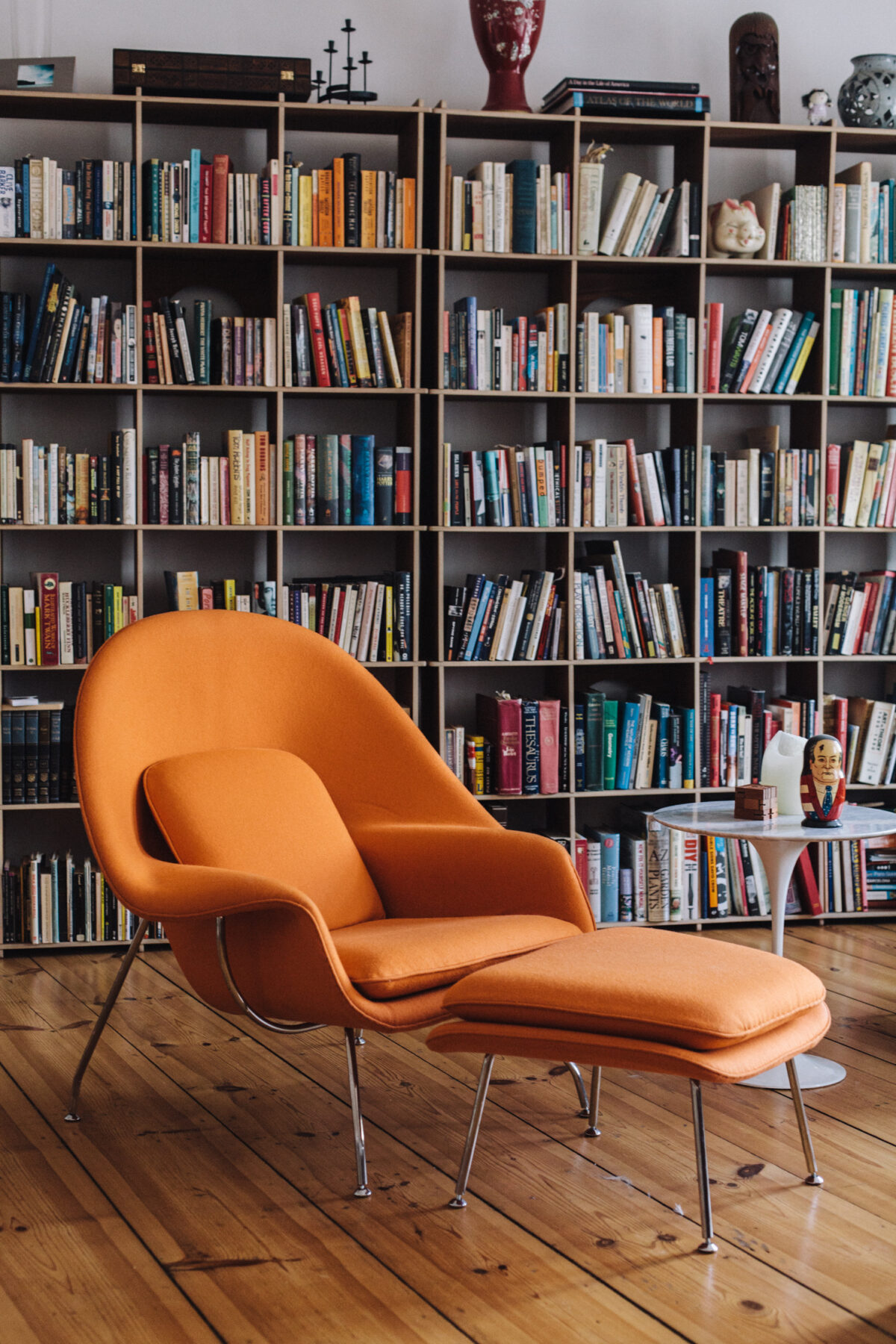
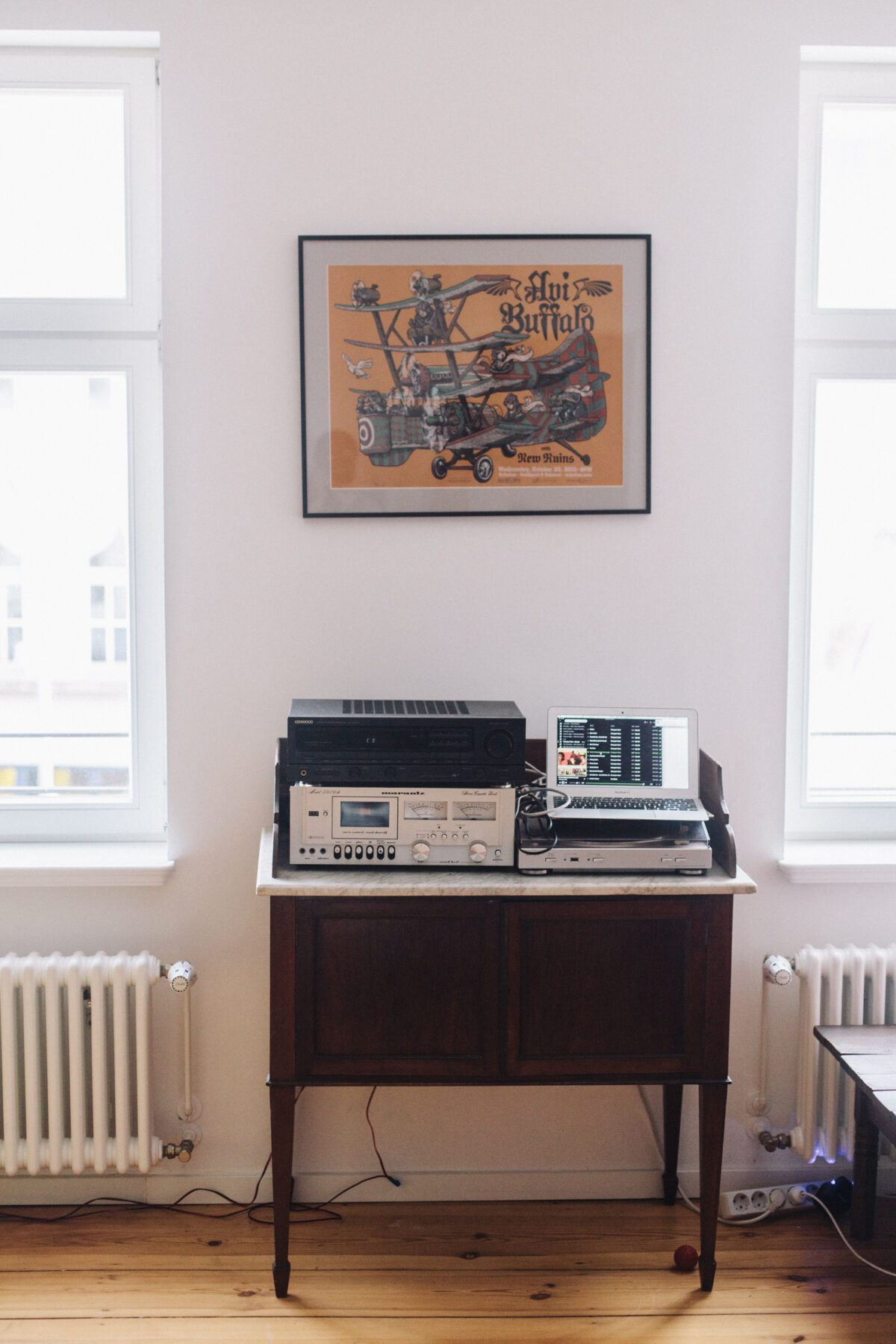
“When it comes to technology, I think of it as a tool. I don’t think of it as a magical diamond, it’s not delivered on the back of a unicorn.”
-
Much of your work revolves around observational analysis. Is there any single most important skill, or do you see it as a full package where one needs to be able to observe, analyze, and communicate?
At the heart of it, I think there are two really important skills that are required to engage with this world in a useful way. One is pattern spotting. We can talk about various analysis methods, but I think the magic really happens when somebody looks across all things that are happening in different domains of technology and outside of the digital realm and spots a pattern, which is usually based on human behavior, then finds ways to help develop that pattern or to identify where it might be going.
The other key skill is translation. It’s important to know who you’re talking to. It does no good for me to talk to everyone the way that I would talk to my hacker mates. The rest of the world doesn’t understand the language, the way that we talk about things. Sometimes, as designers and technologists, we assume a level of knowledge and understanding most people don’t have. I think that’s where a lot of people who work in tech fall down; they don’t think about who they’re talking to. You’re talking to normal people who have different life experiences and you have to be able to frame things in terms that resonate with them. Only then can they really engage with the question.
-
Which piece of technology is most valuable to you at the moment and which is most present in your life?
When it comes to technology, I think of it as a tool. I don’t think of it as a magical diamond, it’s not delivered on the back of a unicorn. It’s just a tool that you use to get things done. Still, the things that are most precious to me are things that were given to me: pieces of art, music, books, or things that have moved me. In that sense, I suppose they could be delivered through a mobile phone, or a laptop, but that doesn’t make the technology itself incredibly valuable. It’s what goes through it. It’s what it’s used for. So the most valuable technology is anything that I can use to get to the stuff that I really love.
As to what’s most present –well, obviously, mobiles. I have two of them because I have two numbers – one UK and one German – I’m perpetually tethered to these things. For better and for worse, I find that, as time goes on, I have less and less desire to use them. My attachment to technology is more about what it gives me access to than the technology itself.


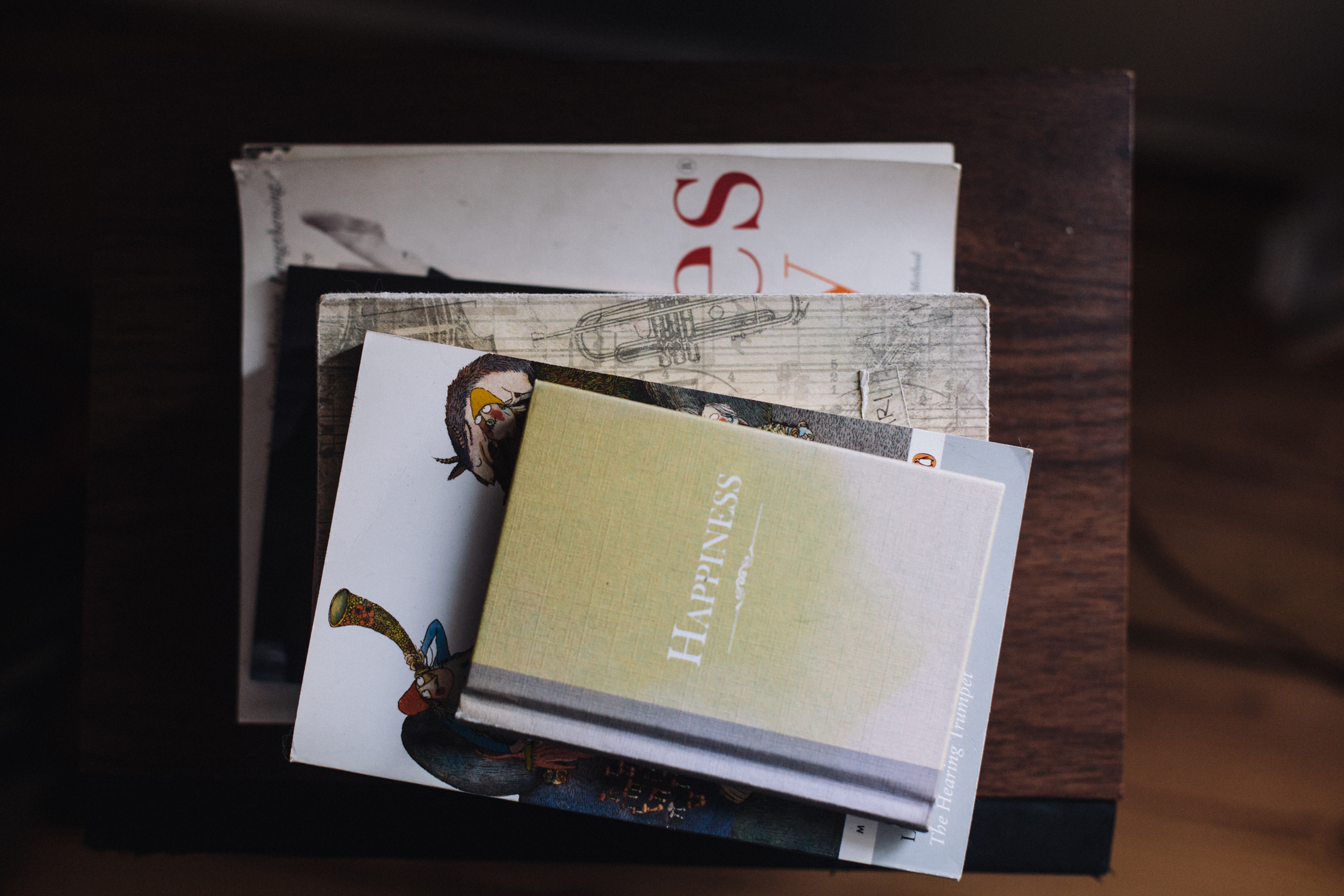
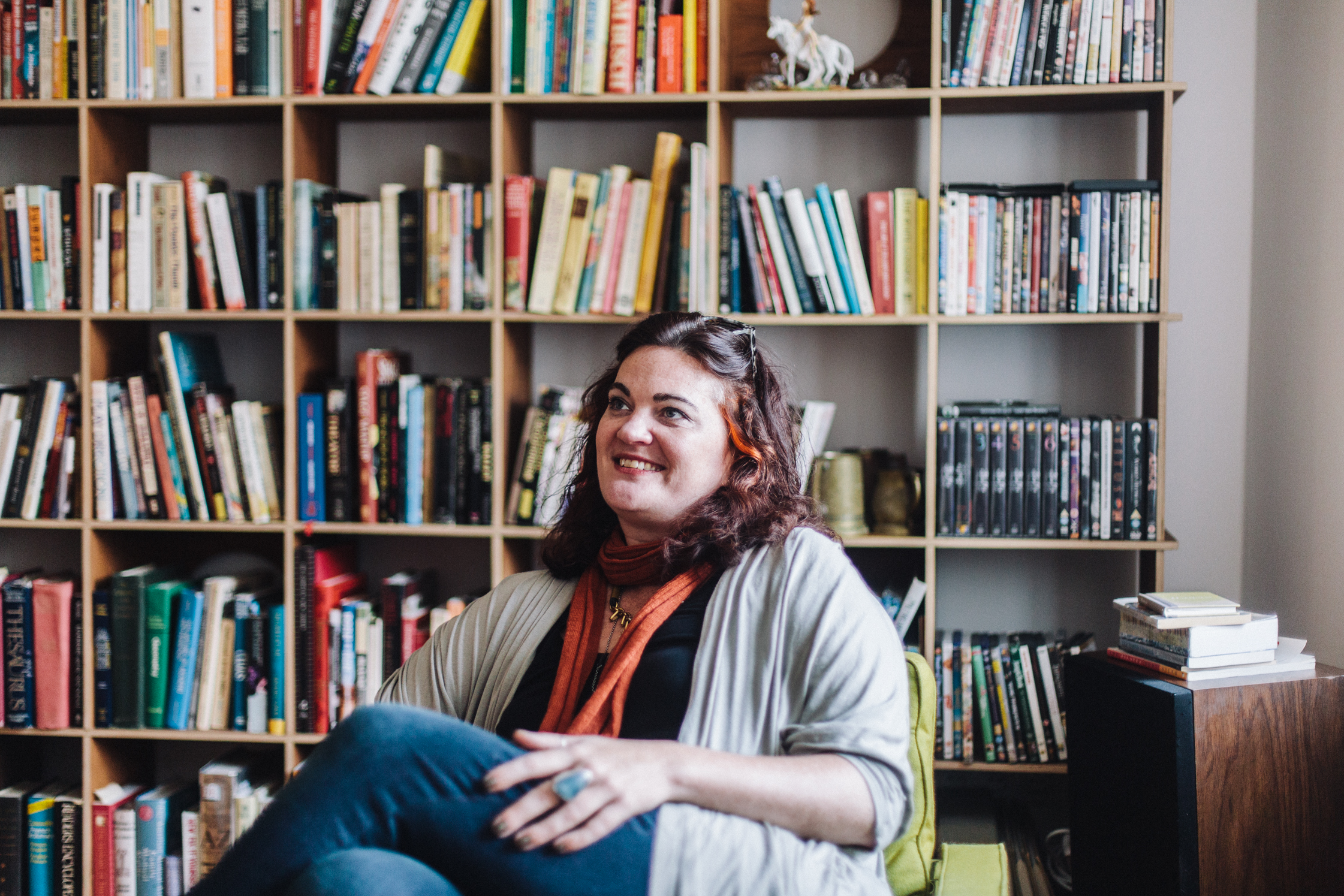
“On the one hand, technology could make things a lot better, on the other, it might just make things really weird.”
-
This idea of being tethered to technology – I find myself intentionally going off the grid lately…
How does it feel?
-
I couldn’t check my messages if I wanted to. It’s amazing.
Some people freak out though. Some people seriously freak out when they feel disconnected. On the one hand, you’ve got everyone you’ve ever known and the whole of the magical interwebs, and everything’s on this thing. But when you’re engaging with it, you’re pushing the world away. You’re not actually in the world. You’re in this cocoon. It’s a strange relationship because it’s also meant to be a tool to help us do things. But I find that, at least for me, it becomes a prompt. It’s not something I choose to use or not depending on how I feel. It’s more because it’s there, I feel like I have to look at it, I have to check it, I have to pay attention to it, almost like it’s a person or a cat that’s demanding attention all the time. (laughs)
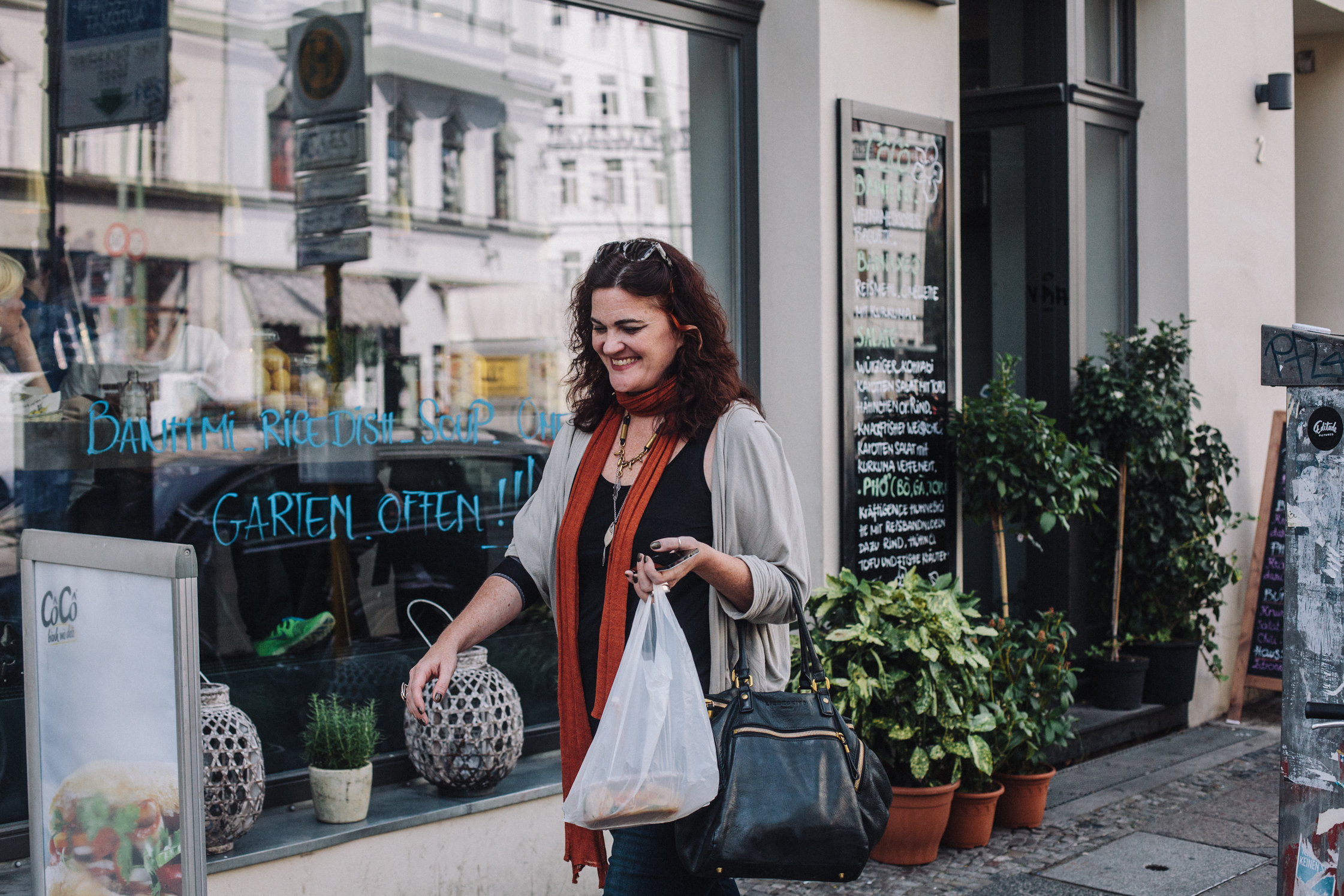

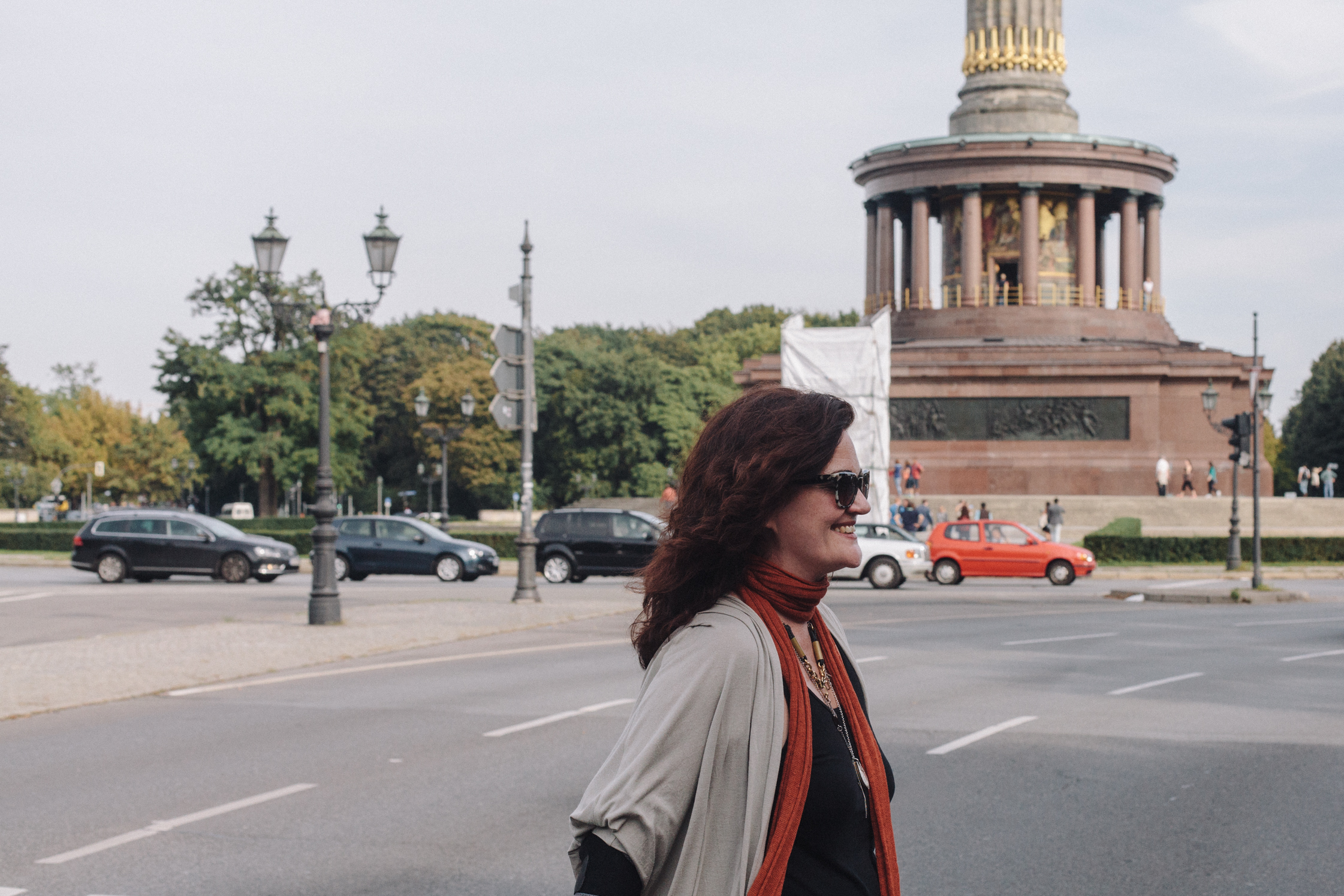
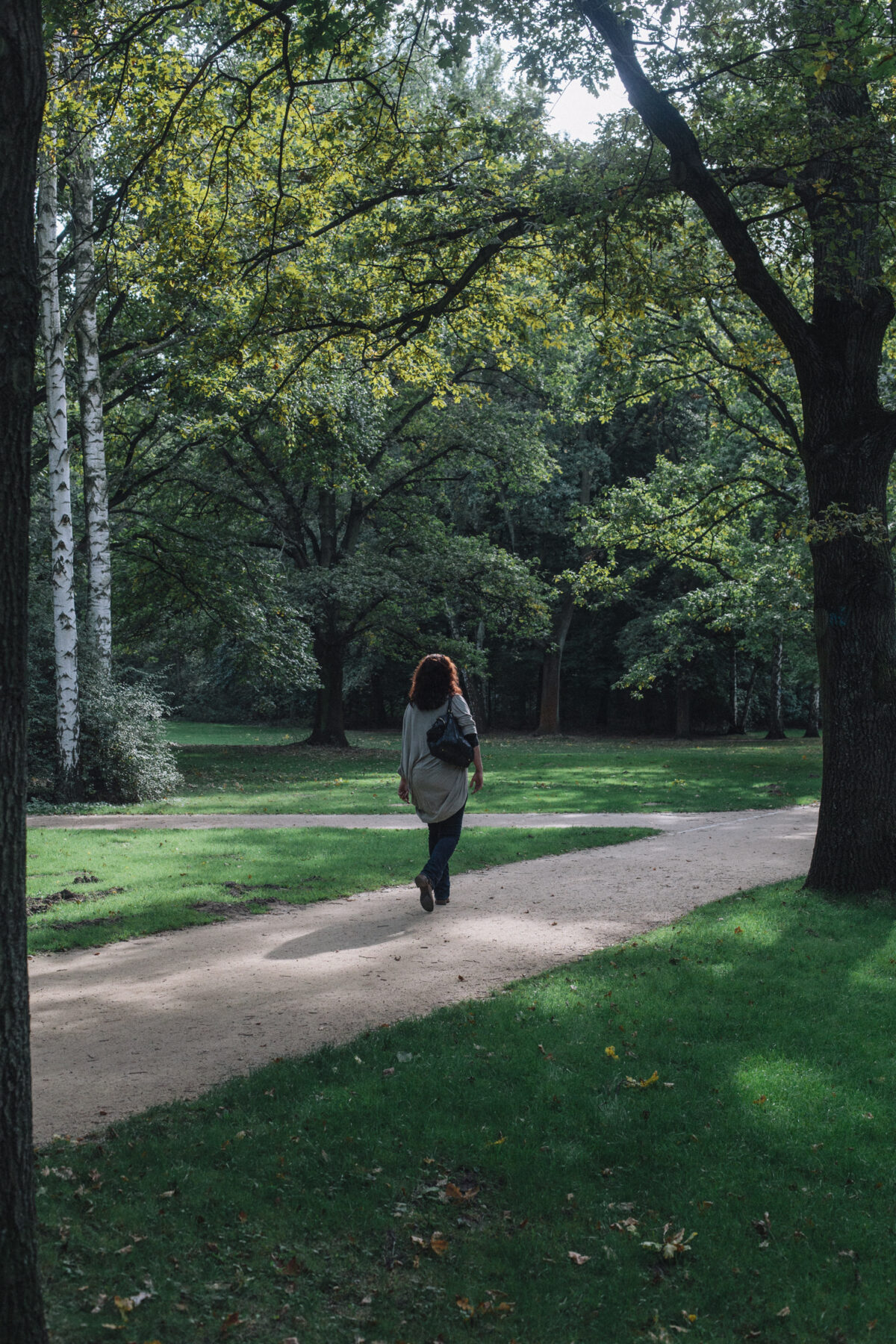

-
Exactly, there’s that little rush when you feel your phone buzz. What about the hype cycle – what will stand the test of time? Is there any way to intelligently look at it to have some idea of what has staying power?
Kind of. Niels Bohr, my favorite physicist – he was either the pithiest physicist ever or had the best publicist ever – said, “Prediction is very difficult, especially about the future.” I think it’s virtually impossible to say with accuracy which things will make it; however, if you look back over the things that have withstood the test of time, they’re things that answer a genuine need in people, whether it’s something that people knew they wanted or not, knew they needed or expected technology to solve for them or not. The things that have stood the test of time are the things that have done that, and done it at a time when people were able to accept it.
A great example of that is actually the first iPod. Back then, the iPod created a market where there had been none. I remember my response when I was reading about it before the first one came out. I’m thinking, “What do I need this thing for? I’ve got my portable CD player, I’ve got my portable MiniDisc player,” God help me. I traveled a lot for work then too and I had my messenger bag with all the accoutrements of my music kit. Going through airports, it was always take it off, thunk, it goes through the security, through the X-ray machine, come out the other side, pick it up, on you go. And then, about three months after the first iPod came out, I was at the airport and I did my usual thing. Thunk went the bag, in through the security, and the guy behind me just pulled an iPod out of his pocket and put it in the bin, and it went through. And I went, “Ah, right.” I didn’t get it until I saw it. And I’m an early adopter. I’m a geek. Sometimes it doesn’t occur to us, as users, that technology could solve a problem. That’s the real magic.
-
What are your feelings about social networks?
If you think about social networks generally, they play on a couple of things. One, our need to be a part of something, to be connected with each other; they also play on our love for stories, for storytelling. Joseph Campbell, the anthropologist, my great hero, said, “Stories are the way that we deal with the fact that we all die.” I think that’s why we’re so addicted to these little storytelling tools that we have – they’re these tiny little slivers of immortality that we pass around.

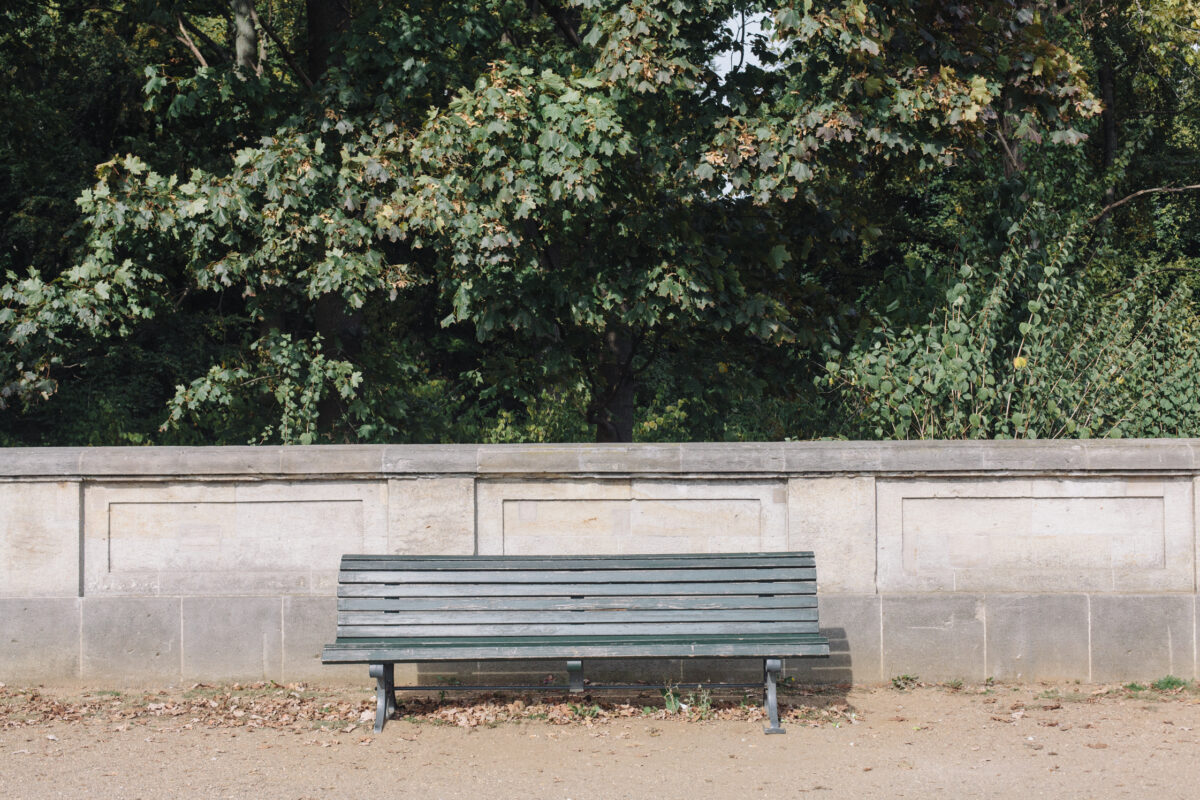

-
Do you think that because of our potential to tell stories we will start to develop stronger emotional attachments in the digital realm? Is it even possible to develop emotional attachments to the digital?
I think we already have massive emotional attachments to stuff that happens in the digital world. If anything, I think there’s an expectation that the fact that it’s digital makes it somehow less immediate, when actually, I think the inverse is probably true. Because, so often, when we’re engaging with whatever the channel is, whether it’s Facebook, or Twitter, or whatever, we’re alone. I think things strike you much more immediately than if you were in a room full of people at a party, for instance.
-
Last question – I wanted to talk a bit about how technology is embedded in our surroundings, how do you see this developing?
One of the things that’s challenging about everything being connected is who mediates when things disagree. I was thinking about this a couple of months ago and I thought, “Right. I’m going to have my kitchen redone pretty soon.” Let’s say I get the mechanical blinds that you can control with your iPhone. And then I want, obviously, the latest coffee maker that has a temperature sensor to keep the milk fresh as long as possible. And maybe I’ll have a solar-powered toaster, something like that. And, of course, I’ll have my Click and Grow plant pot that knows how much water it has and knows how the plants are doing. And, obviously, I’ll have the Nest thermostat, which governs temperature and energy consumption in my home. I thought about this, and I thought, “On some sunny spring day when I’m not at home and probably in another country, all four of those things are going to go to war about whether the blinds should be open or shut because the solar powered thing is going to want them open because it needs the power, and the plant is going to want them open as well because the basil needs it. The milk dispenser’s going to want them shut because the milk will turn. And the Nest is going to want them shut because it’s getting hot in here.” And who’s going to mediate that? Me. I’m going to have to mediate that. I’m going to have to go into each one of those apps, and to each one of those settings panels, and try to figure out the right combination of settings so these things stop fighting with each other. And, in the meantime, my phone is going to be buzzing every 20 seconds. Blinds open. Blinds shut. Blinds open. Blinds shut. And I’m just going to want to turn the whole thing off. I think it’s kind of a double-edged sword. On the one hand, technology could make things a lot better; on the other, it might just make things really weird.
This area of embedded technology, invisible technology, and the connectedness of everything is an area where I do a lot of thinking – and also a lot of worrying, and work. I think it could be hugely positive. I genuinely think that technology could give us all super powers if we apply it correctly. But I also see a lot of governments, businesses and so on, not applying it properly – at least I don’t think they are – because they’re not thinking about the people at the other end. We should keep our focus on the citizen, the human, the customer, the user, the whatever-you-want-to-call your target of focus, because the bottom line is people are already the heart of every system.
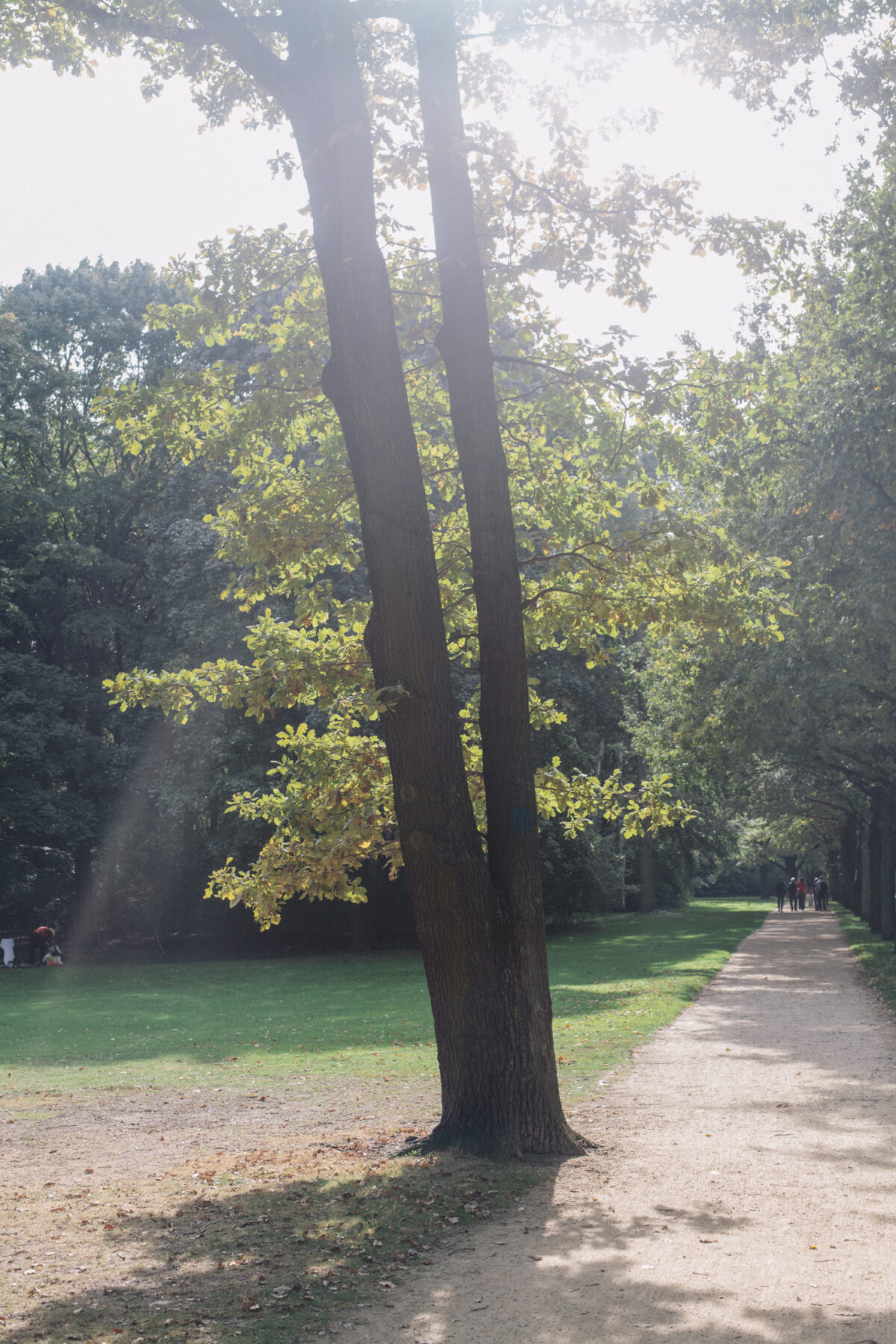
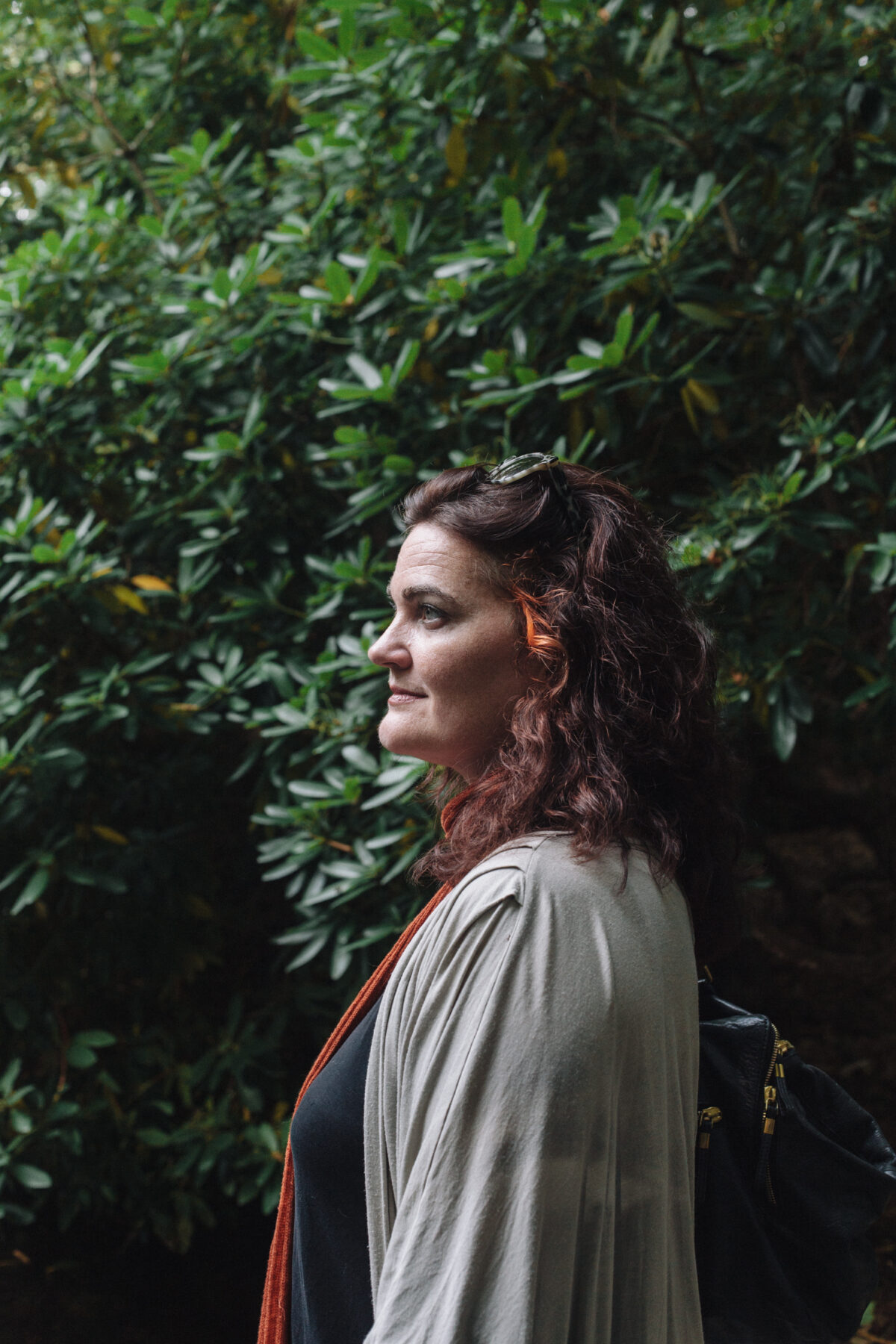
Thank you, Louisa, for sharing your thoughts with us. Find out more about Louisa’s practice through her personal website and her company, Superhuman Limited.
Our conversation with Louisa Heinrich is part of Deutsche Bank’s ‘Economy Stories’. The series’ videos and interviews showcase trailblazers in the fields of technology, strategy, and research, as well as in the arts and sciences. Watch the full discussion with Louisa here, and find out more about the influence of digitalization on the world on the ‘Economy Stories’ website.
Photography: Robbie Lawrence
Interview: Alicia Reuter
